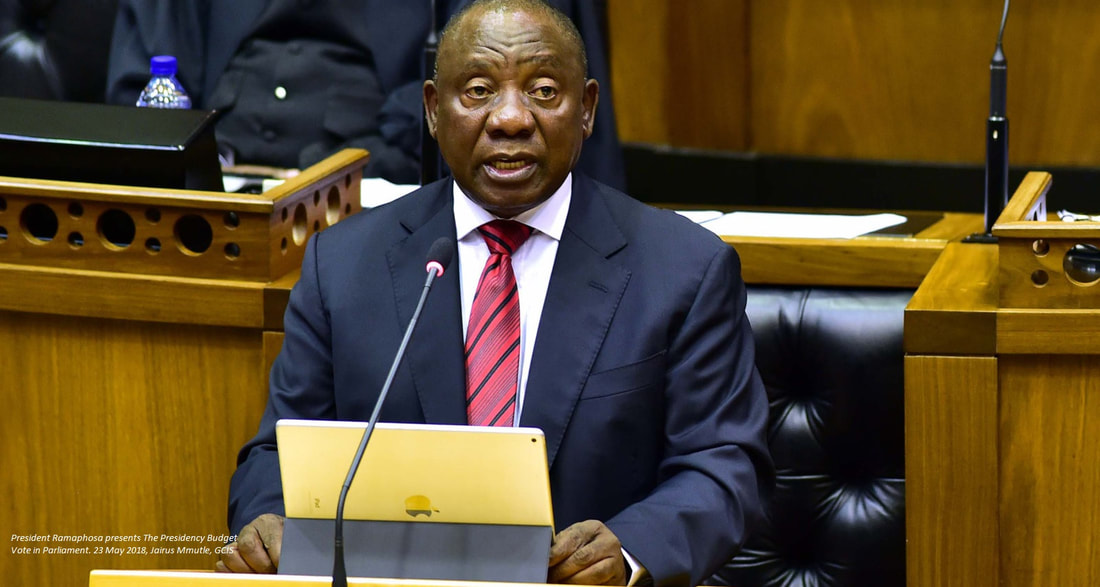|
The Institute of Directors in Southern African (IoDSA) has welcomed government’s commitment to improve governance, strengthen leadership and restore stability in strategic state-owned enterprises (SOEs).
President Cyril Ramaphosa said in his 2019 State of the Nation Address that government is taking measures where mismanagement and corruption have undermined the effectiveness of these enterprises. This included the appointment of new boards with “credible, appropriately experienced and ethical directors”. Parmi Natesan, CEO Elect of the IoDSA, says they have consistently highlighted the need for appointment of skilled individuals to boards and thorough due diligence on those appointments. “Board appointments in the public sector specifically, should be based on expertise, experience and integrity and not, by implication, on political connections.” Directors need to have the requisite knowledge, skills, experience and personal qualities, and should be appointed through a formal process. This is critical in any organisation, but particularly for SOEs because of their influence on the rest of the country and economy. Independent performance reviews Good corporate governance is paramount to the success of the SOE itself, and to protect and advance the interests of the country and its citizenry. Governance helps enhance the functioning of leadership structures of an SOE, and provides the arrangements by which the SOE should be governed so that it is able to meet its strategic objectives. Natesan says the value of regular and independent evaluations of board performances, as recommended in King IV, should not be underestimated. Some boards may choose to “self-evaluate” their performance. However, getting an experienced third-party party to facilitate the performance evaluations will ensure franker and more open feedback, she says. The IoDSA has over the years facilitated a number of independent performance evaluations on the request of public sector boards. However, more of these boards could benefit from this annual “litmus test” of their performance. The buck must stop with the board “One of the key findings in these board evaluations, that came up during interviews with the board directors, was their concern about interference from the state.” Generally, shareholders appoint the board members, and it is then the board’s responsibility to direct the company – as the board, after all, carries the potential liability. “What we have found with the public sector, is a feeling amongst some of the directors themselves, that they do not really have independent discretion on the decisions they make - they sometimes feel that they have to toe the line.” It is the board’s responsibility to act in the best interest of the organisation, and not the best interest of government or the party that appointed them. Clarity around the role of shareholders (the state) and the role of the board remains critical. If boards are to be accountable for the performance of the SOE, then they have to have the freedom to exercise their collective judgement in its best long-term interests, says Natesan. ENDS MEDIA CONTACT: Stephné du Toit, 084 587 9933, [email protected], www.atthatpoint.co.za For more information on the IoDSA please visit: Website: www.iodsa.co.za Twitter: @The_IoDSA LinkedIn: Institute of Directors in Southern Africa Company Page
0 Comments
Leave a Reply. |
Archives
July 2024
Categories
All
|


 RSS Feed
RSS Feed